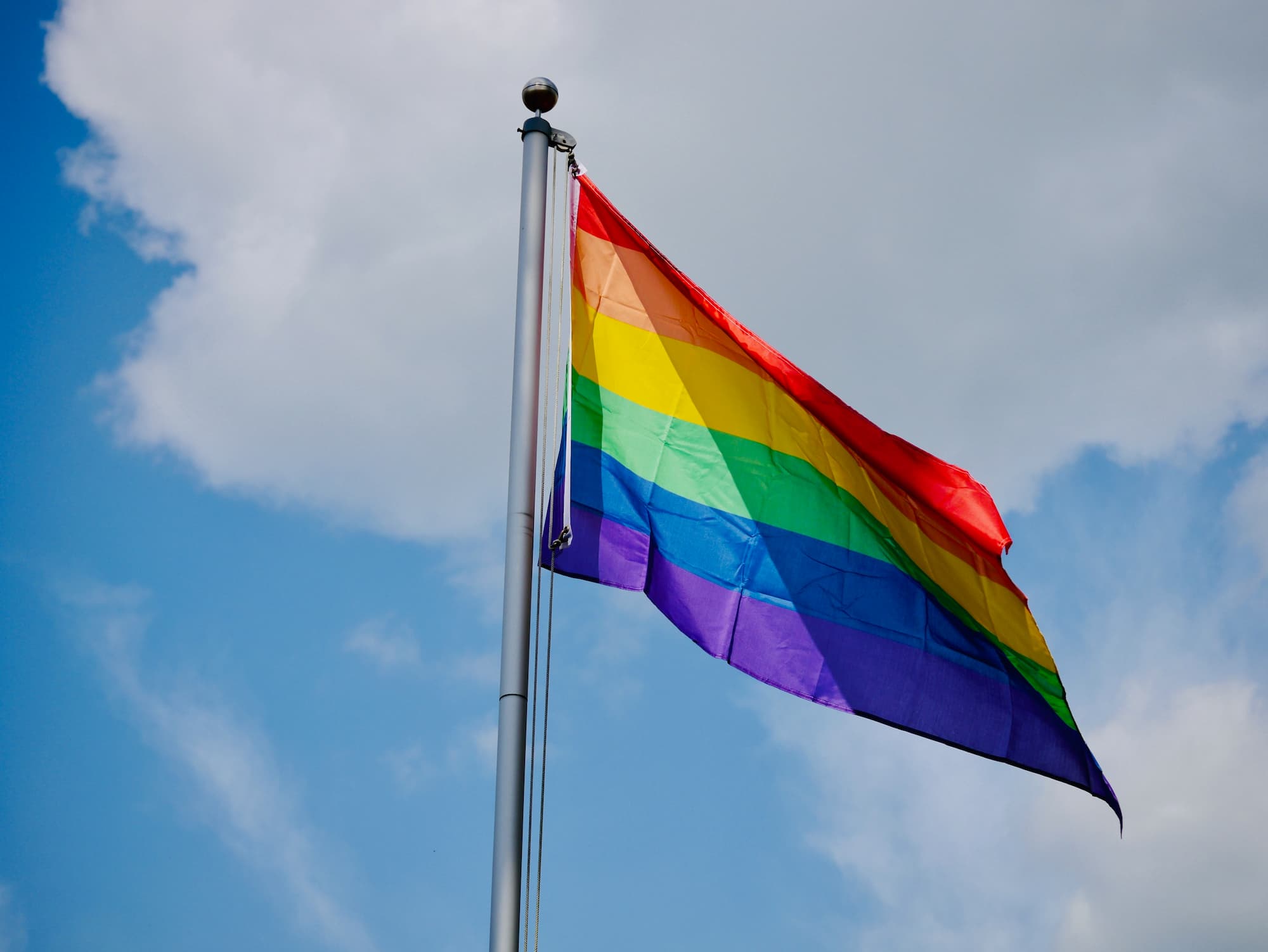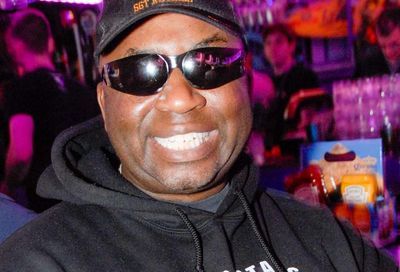LGBTQ Afghans fear persecution and death sentences as Taliban returns to power
Islamist political group expected to bring back executions of Afghans accused of being gay or in same-sex relationships.

The takeover of Afghanistan by the Taliban has left many LGBTQ Afghans fearing for their lives as they wait for religious and political leaders to implement a stringent interpretation of Sharia law, under which homosexuality would be punishable by death.
Homosexuality has always been criminalized in Afghanistan, with LGBTQ people risking potential prison time if their sexual orientation was made public. And even though they could technically be sentenced to death under the law, no death sentences had been handed down in the country since 2001, the last time the Taliban were in power.
However, since the Islamist military organization seized control of the country on August 15, LGBTQ individuals, especially gay men — many of whom are too young to remember the last time the Taliban held power in the country — have begun to sever relationships and self-isolate out of fear of persecution.
For example, Abdul (a pseudonym), a university student who spoke with BBC News, recently recounted how he’s decided to isolate since Taliban forces took control, distancing himself from his boyfriend — with whom he’d maintained a covert relationship — and even missing his final university exams out of fear that he may be targeted if he ventures outside his home.
“Even when I see the Taliban from the windows I feel really scared. My body starts shaking from seeing them,” Abdul told the BBC. “Civilians are being killed. I don’t think I will ever speak in front of them.”
Under the Taliban’s strict interpretation of Sharia law, homosexuality is prohibited and punishable by death. In a possible signal of things to come the German newspaper Bild reported that a judge from the radical Islamist group vowed to sentence gay men to death by stoning or by being crushed by a nine-foot wall.
It’s not just the Taliban that LGBTQ people have to fear, but the surrounding society that was previously homophobic and may be emboldened by the Taliban’s rise to power.
“As a gay person in Afghanistan, you cannot reveal yourself, even to your family or your friends,” Abdul said. “If I reveal myself to my family, maybe they will beat me, maybe they will kill me.”
Sayed, a 36-year-old gay man, told Business Insider via Facebook Messenger that he is seeking asylum in Canada in the hope of sparing his life. He fears that executions of gay men will become increasingly more common, as they were when the Taliban were last in power.
“It’s clear to me that as soon as the Taliban know that I am a gay man, they will kill me without even thinking about it,” he said.
Related: Taliban plans to crush gay men in Afghanistan to death by toppling walls onto them
Rainbow Railroad, a Canadian-based charity that helps LGBTQ people escape persecution and discrimination in their home countries, released a statement calling on Western governments and more liberal democracies to take in vulnerable LGBTQ Afghan refugees.
Further complicating the issue is that anti-Muslim or anti-Arab sentiments, particularly in European countries that have seen an influx of Muslim immigrants in recent decades, may make political leaders wary of taking on additional refugees.
According to Insider, Canada has plans to resettle more than 20,000 Afghans, and will be prioritizing minorities including LGBTQ individuals and female activists who would become prime targets of the Taliban.
The United States, meanwhile, has accepted fewer than 500 refugees from Afghanistan this year, despite the resurgence of Taliban forces. Further complicating the issue is that the application process for Afghans — or really, any immigrants — seeking visas is full of red tape and has a massive backlog of requests.
Nemat Sadat, the first public figure in Afghanistan to advocate for LGBTQ rights — who was forced to leave the country in 2013 after a fatwa was issued against him — is trying to help his fellow LGBTQ Afghans apply for asylum, and urging the international community to act quickly to help vulnerable people escape the Taliban.
“It’s not hyperbolic to say that gay people will get weeded out and exterminated by the Taliban, just like the Nazis did,” Sadat said. “People are messaging me saying, ‘Here’s my passport, here’s all my information, please get me out of this country, I’m going to die.'”
See also:
Catholic Church worried that more priests could be outed with Grindr data
Two Loudoun County teachers join lawsuit challenging district’s pro-transgender policies
Half of all transgender people have experienced mistreatment at the hands of a medical provider
Support Metro Weekly’s Journalism
These are challenging times for news organizations. And yet it’s crucial we stay active and provide vital resources and information to both our local readers and the world. So won’t you please take a moment and consider supporting Metro Weekly with a membership? For as little as $5 a month, you can help ensure Metro Weekly magazine and MetroWeekly.com remain free, viable resources as we provide the best, most diverse, culturally-resonant LGBTQ coverage in both the D.C. region and around the world. Memberships come with exclusive perks and discounts, your own personal digital delivery of each week’s magazine (and an archive), access to our Member's Lounge when it launches this fall, and exclusive members-only items like Metro Weekly Membership Mugs and Tote Bags! Check out all our membership levels here and please join us today!























